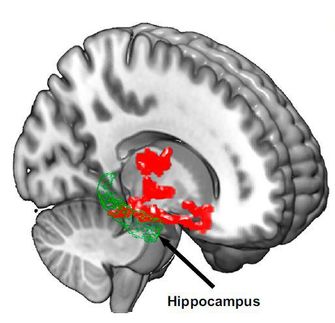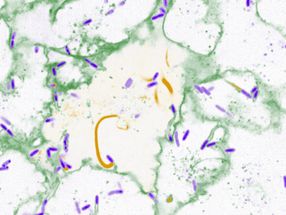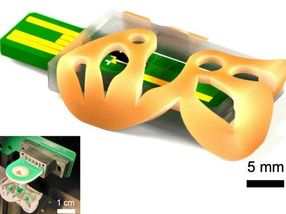Researchers Identify New Protein Biomarker Candidates That May Lead To Better Diagnosis And Treatment For Age-Related Diseases
Alzheimer's Disease, Parkinson's Disease and Dementia with Lewy Bodies Targeted in Protein Study Enabled by Applied Biosystems/MDS SCIEX's Advanced Technologies
Applied Biosystems, an Applera Corporation business, and its joint venture partner, MDS Sciex, a division of MDS Inc., announced the outcome of the scientific research community's most extensive, spinal fluid-based protein study on neurodegenerative diseases to date. Researchers from the University of Washington, Applied Biosystems and three other research facilities discovered a panel of numerous unique candidate biomarkers that could potentially help develop more effective diagnostic tests and treatments for Alzheimer's disease, Parkinson's disease and dementia with Lewy Bodies. The study was published in The Journal of Alzheimer's Disease.
According to company, the study is the first to simultaneously compare candidate biomarkers in these diseases. To enable the simultaneous comparison, the researchers used iTRAQ(TM) reagent labeling technology to identify and quantify biomarkers.
Lead author Dr. Jing Zhang MD, PhD, an associate professor of pathology at the University of Washington Medical School in Seattle, Washington, led a group of collaborating scientists from the University of Washington Medical School, Oregon Health and Science University, Baylor College of Medicine, Fred Hutchison Cancer Research Center and Applied Biosystems to analyze proteins in the spinal fluid of people with these diseases to identify candidate biomarkers associated with each condition. The next step will be for the findings to be validated in a different and larger population of patients.
The researchers identified approximately 1,500 proteins, constituting the most extensive characterization of proteins in the human cerebral spinal fluid (CSF) proteome to date. To support the study, Applied Biosystems provided the protein discovery systems that delivered the required level of sensitivity, protein quantitation and reliability to differentiate between proteins and overcome the complexities of the analysis. The CSF proteome has been difficult to study because of its complex nature and, without the proper level of sensitivity in previously available lab instrumentation, CSF neurodegenerative proteins can be confused with other neurological proteins within close proximity.
Topics
Organizations
Other news from the department science

Get the analytics and lab tech industry in your inbox
From now on, don't miss a thing: Our newsletter for analytics and lab technology brings you up to date every Tuesday. The latest industry news, product highlights and innovations - compact and easy to understand in your inbox. Researched by us so you don't have to.
Most read news
More news from our other portals
See the theme worlds for related content
Topic world Diagnostics
Diagnostics is at the heart of modern medicine and forms a crucial interface between research and patient care in the biotech and pharmaceutical industries. It not only enables early detection and monitoring of disease, but also plays a central role in individualized medicine by enabling targeted therapies based on an individual's genetic and molecular signature.

Topic world Diagnostics
Diagnostics is at the heart of modern medicine and forms a crucial interface between research and patient care in the biotech and pharmaceutical industries. It not only enables early detection and monitoring of disease, but also plays a central role in individualized medicine by enabling targeted therapies based on an individual's genetic and molecular signature.























































